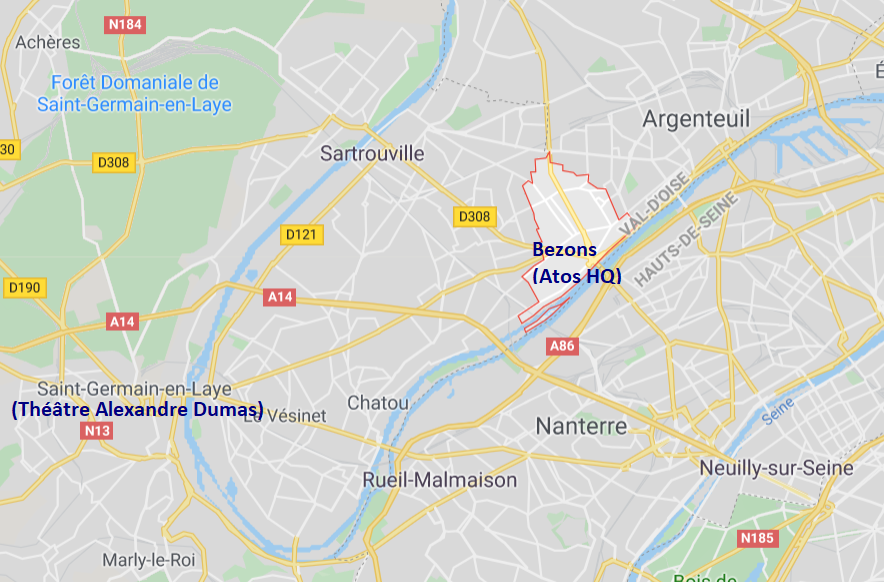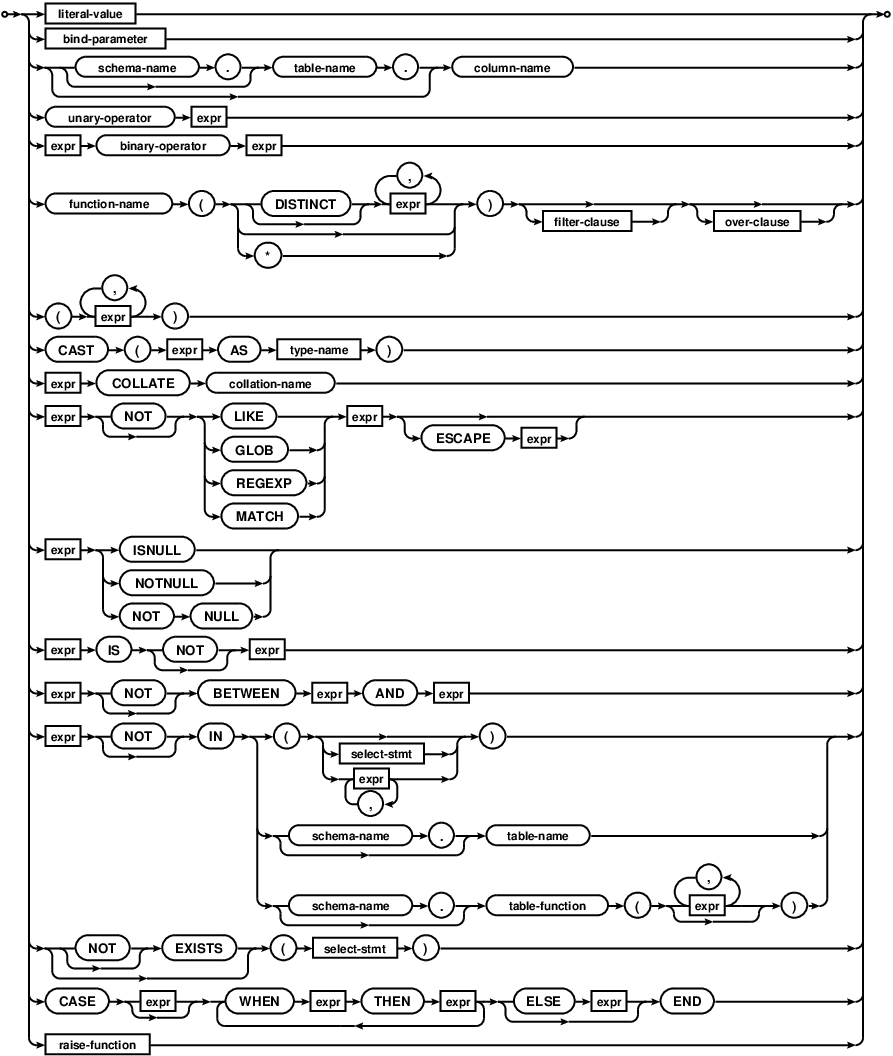An if statement can be followed by an optional else if.else statement, which is very useful to test various conditions using single if.else if statement. An if can have zero or one else's and it must come after any else if's. An if can have zero to many else if's and they must come before the else. C has the following conditional statements: Use if to specify a block of code to be executed, if a specified condition is true; Use else to specify a block of code to be executed, if the same condition is false; Use else if to specify a new condition to test, if the first condition is false. Jan 21, 2014 C Tutorial - 9 - using if else if statement PRABEESH R K. Unsubscribe from PRABEESH R K? Cancel Unsubscribe. Subscribe Subscribed Unsubscribe 105K. C Program to Check Whether Number is Even or Odd In this example, if.else statement is used to check whether a number entered by the user is even or odd. To understand this example, you should have the knowledge of the following C programming topics. A JavaScript tutorial about 'If, Else, and User Input' But anyway, let's get back to what we were doing. The simplest way to formulate a condition for our 'if' statement is to have the value we want to compare to something, then a comparison operator (so in our simple example, we'll want the 'is equal to' operator) and then the value we want to compare the first value to. If-else in C/C. The if statement alone tells us that if a condition is true it will execute a block of statements and if the condition is false it won’t. But what if we want to do something else if the condition is false. Here comes the C else statement. We can use the else statement with if statement to execute a block of code when the condition is false.
The switch statement in C++ is a control statement that is useful in a limited number of cases. The switch statement resembles a compound if statement by including a number of different possibilities rather than a single test:
The value of expression must be an integer (int, long, or char). The case values must be constants.
As of the ‘14 standard, they can also be a constant expression.
When the switch statement is encountered, the expression is evaluated and compared to the various case constants. Control branches to the case that matches. If none of the cases match, control passes to the default clause.
Consider the following example code snippet:
C If Else Statement Words Dev Hq 2017
Once again, the switch statement has an equivalent; in this case, multiple if statements. However, when there are more than two or three cases, the switch structure is easier to understand.
The break statements are necessary to exit the switch command. Without the break statements, control falls through from one case to the next. (Look out below!)
- C++ Basics
- C++ Object Oriented
- C++ Advanced
- C++ Useful Resources

- Selected Reading
An if statement can be followed by an optional else statement, which executes when the boolean expression is false.
C++ If Else Statement Words Dev Hq Lyrics
Syntax
The syntax of an if...else statement in C++ is −

C++ If Else Examples

If the boolean expression evaluates to true, then the if block of code will be executed, otherwise else block of code will be executed.
Flow Diagram
Example
When the above code is compiled and executed, it produces the following result −
if...else if...else Statement
An if statement can be followed by an optional else if...else statement, which is very usefull to test various conditions using single if...else if statement.
When using if , else if , else statements there are few points to keep in mind.
An if can have zero or one else's and it must come after any else if's.
An if can have zero to many else if's and they must come before the else.
Once an else if succeeds, none of he remaining else if's or else's will be tested.
Syntax
The syntax of an if...else if...else statement in C++ is −
Example
When the above code is compiled and executed, it produces the following result −